Roller-coaster year for relations
2023 has been a roller-coaster ride for US-China relations. Right at the beginning of the year, a huge scandal erupted between Washington and Beijing after the Americans shot down what they called a Chinese spy balloon flying in US airspace. Following the incident, relations, which were already troubled by various US sanctions and a policy of "decoupling" (separating the Chinese and US - or, in the bigger picture, Western - economies), reached an all-time low. This, however, was followed by a series of high-level meetings, with State Secretary Antony Blinken, Treasury Secretary Janet Yellen and Commerce Secretary Gina Raimondo travelling to Beijing in a bid to settle relations.
Their efforts were not without "reward": in November 2023, US President Joe Biden and Chinese President Xi Jinping met in San Francisco, where they both spoke about promoting cooperation based on mutual respect.
The European Union's relations with China have not developed any better. Despite visits to Beijing this year by French President Emmanuel Macron and German Chancellor Olaf Scholz, the relationship at EU level has been marked by trade restrictions, punitive tariffs and threats of sanctions.
Currently, the United States and the European Union are striving for closer ties with China only at the level of communication, and there is no real action behind the rhetoric. And Beijing knows this,
Levente Horvath explained. By contrast, China would be open to cooperation, which can perhaps be best demonstrated through the infrastructure projects of the parties, the director of the Eurasia Center pointed out.
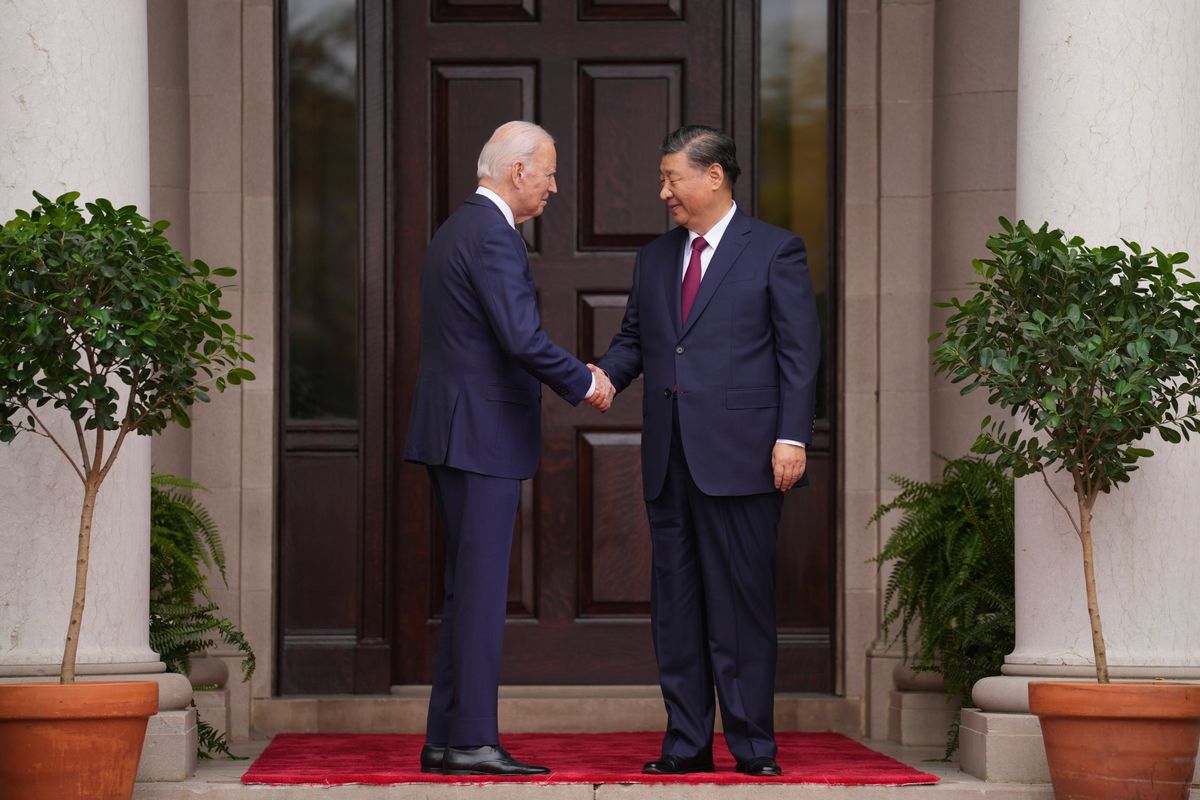
Chinese successes, Western hurdles
China's flagship project, the Belt and Road Initiative (BRI) - formerly known as the One Belt, One Road Initiative - celebrated its tenth anniversary this year. Although Beijing has made numerous invitations to EU Member States, only Hungary is now part of the initiative, after Italy announced its withdrawal in early December, coinciding with the EU-China summit, and Viktor Orban was the only EU leader to attend the conference marking the anniversary. In recent years, the European Union and the United States have launched their own projects, the Global Gateway and the Build Back Better, respectively.
Beijing has repeatedly stated that China would be happy to work together and pair up the BRI with the European project, because that is exactly the point: enhancing connectivity,
Levente Horvath pointed out, adding that these Chinese ambitions often fall on deaf ears, as the EU envisions the Global Gateway as an alternative to the BRI, and not as a platform for cooperation.
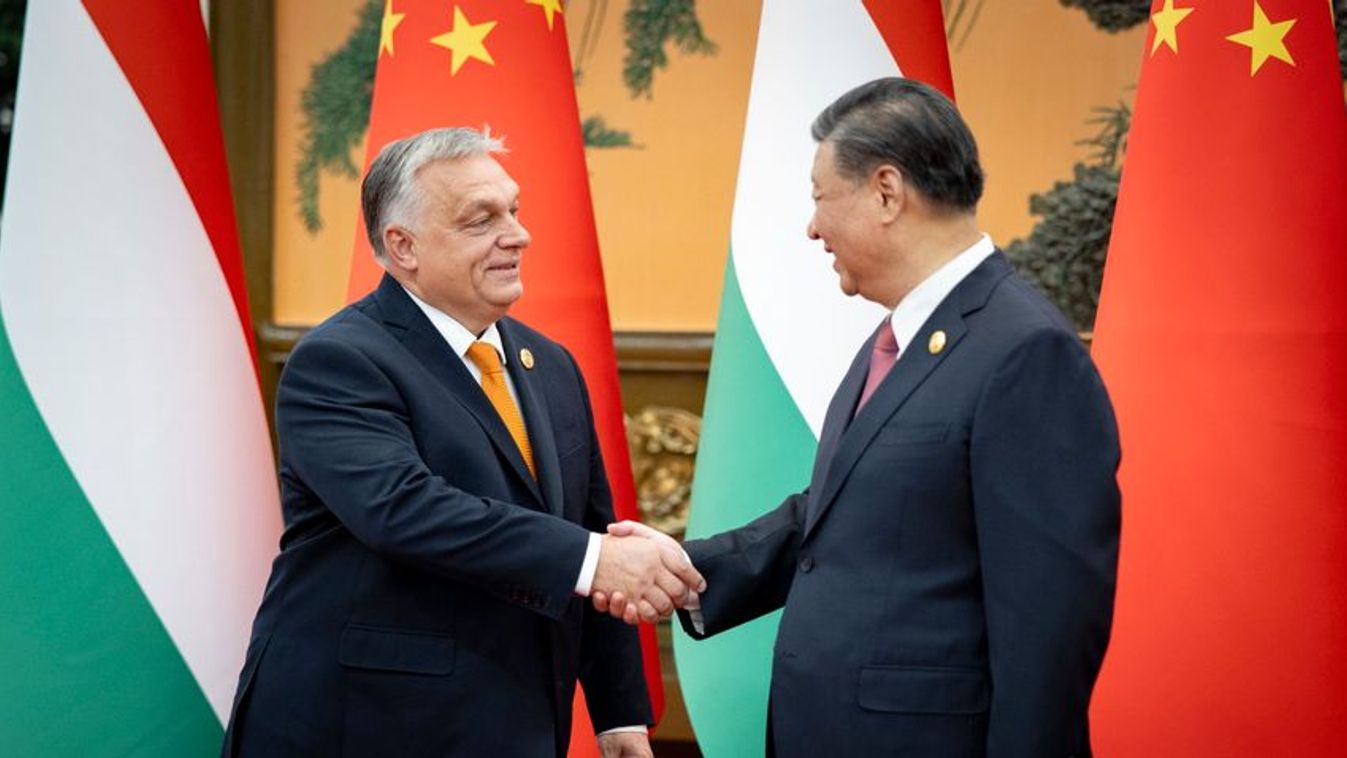
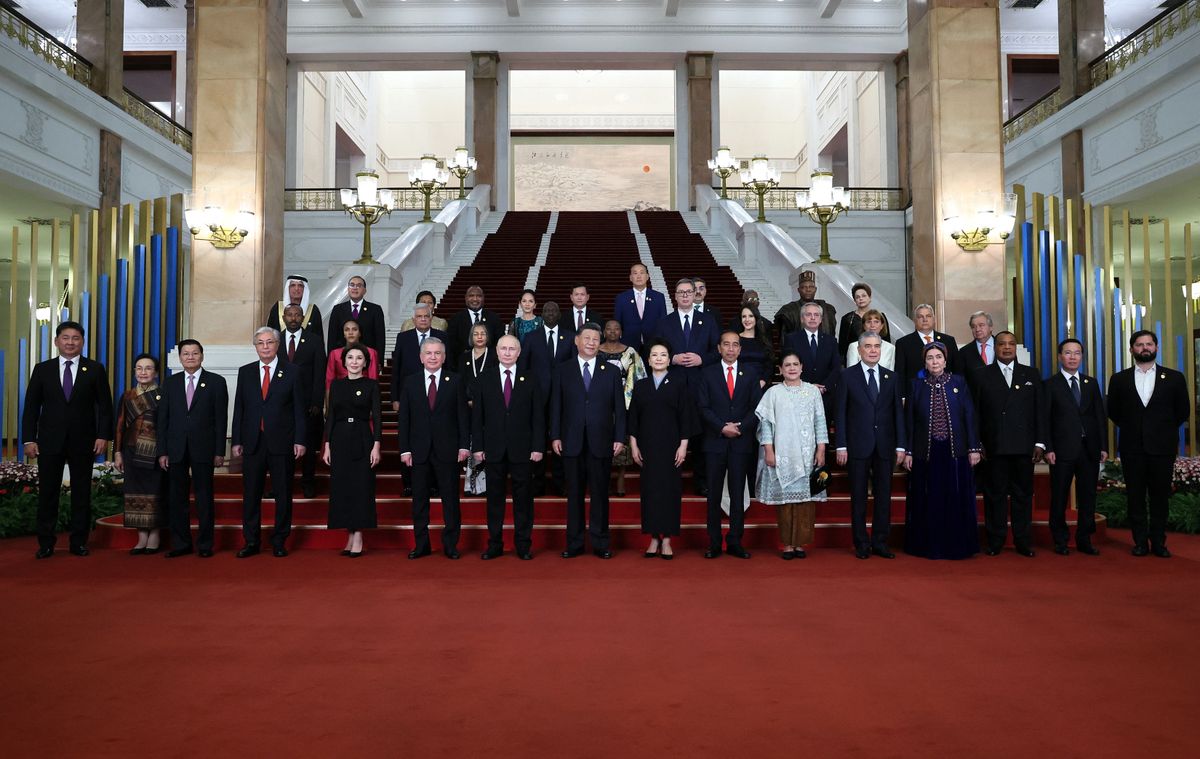
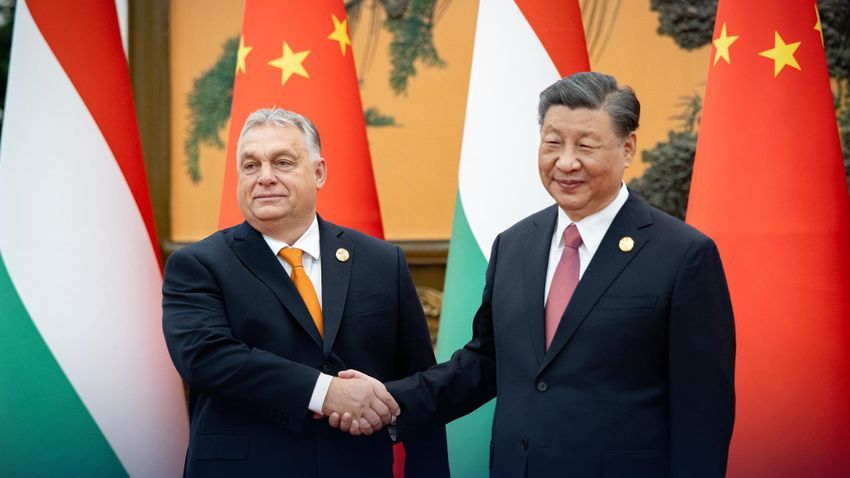





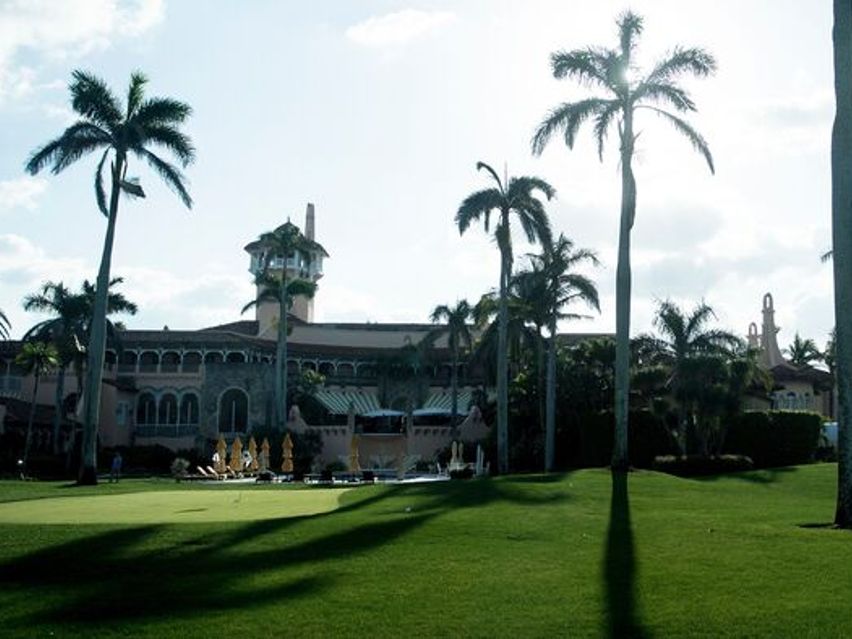
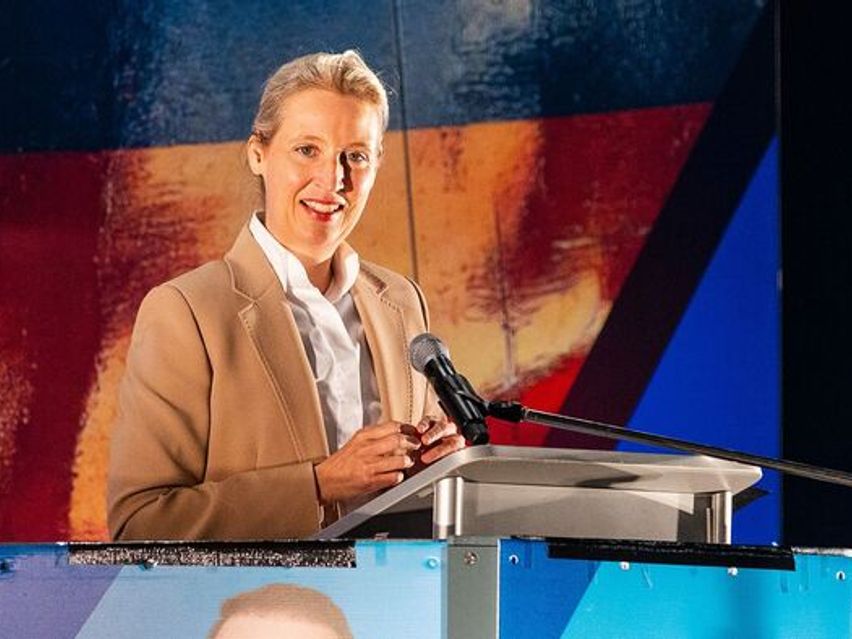




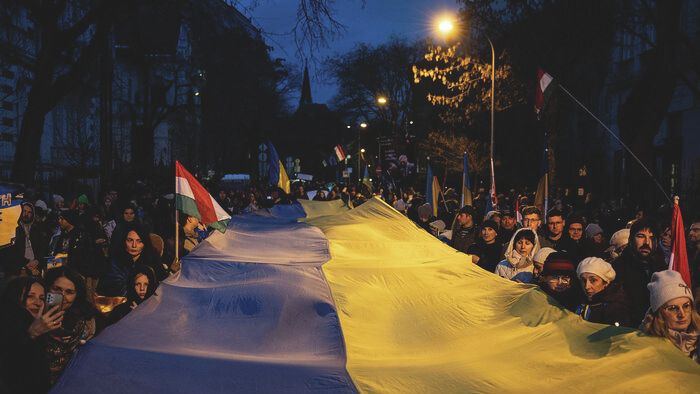
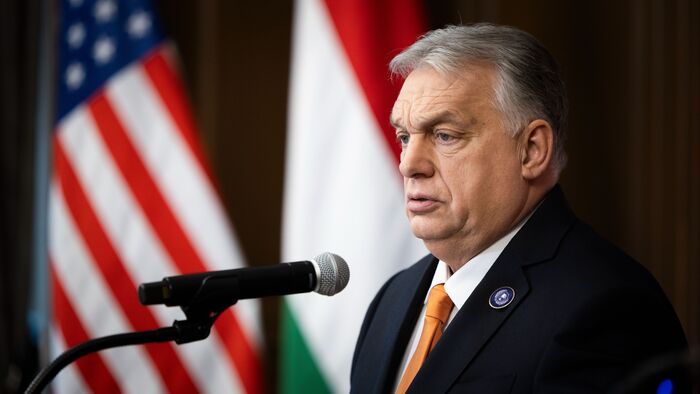
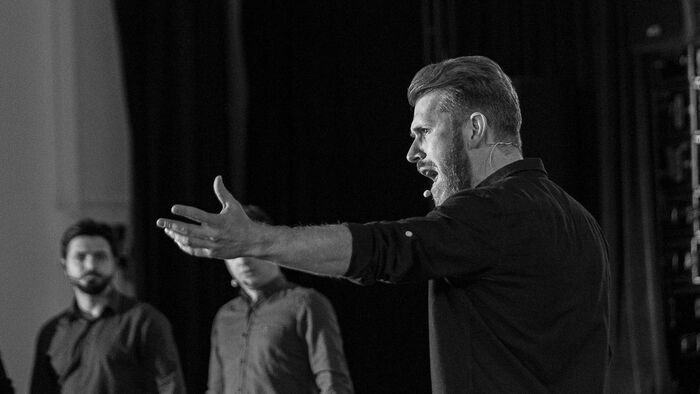
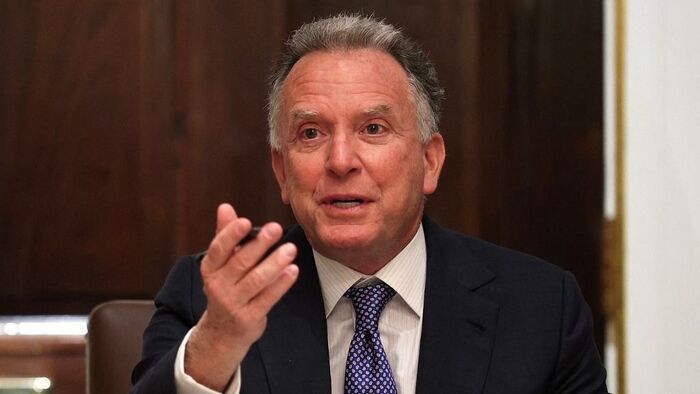
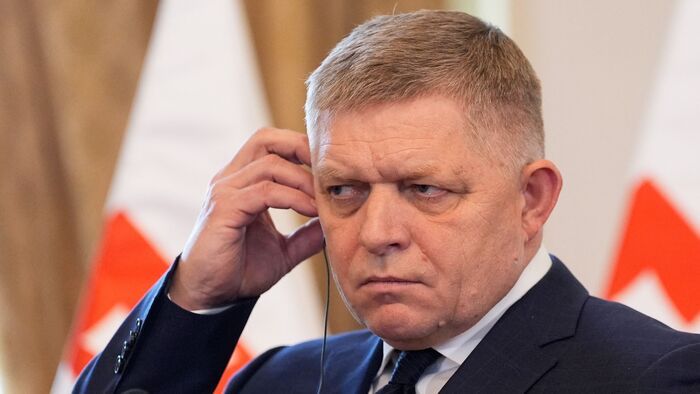






Szóljon hozzá!
Jelenleg csak a hozzászólások egy kis részét látja. Hozzászóláshoz és a további kommentek megtekintéséhez lépjen be, vagy regisztráljon!